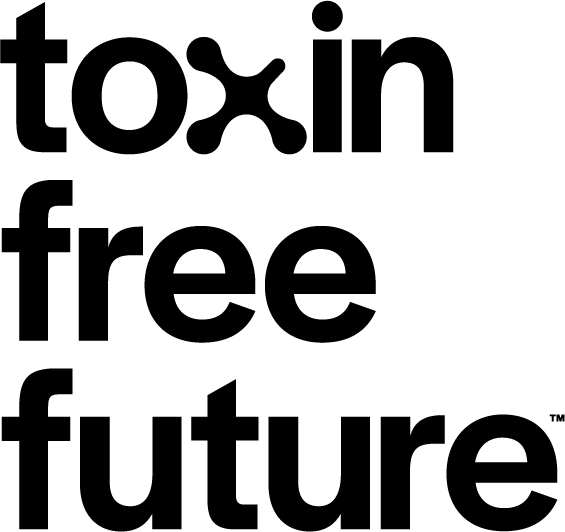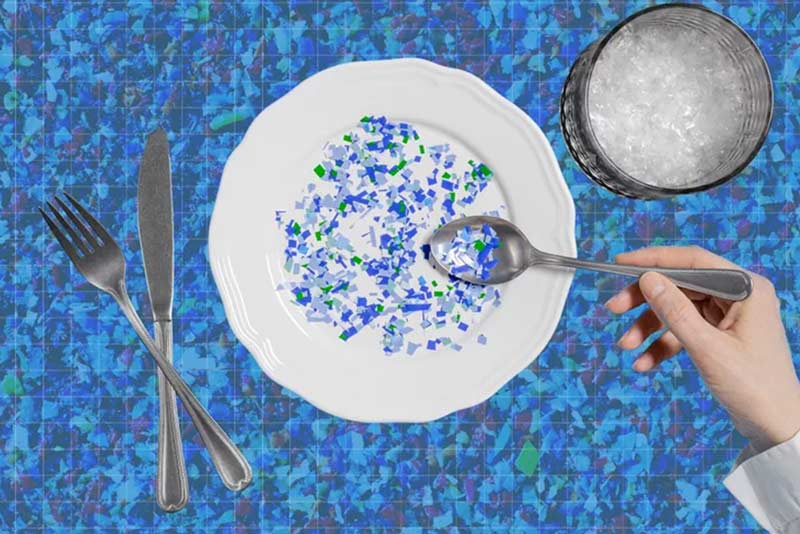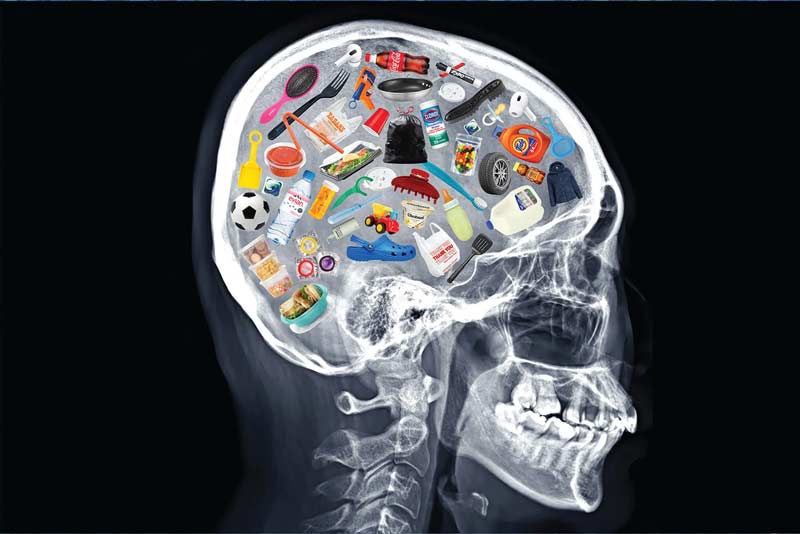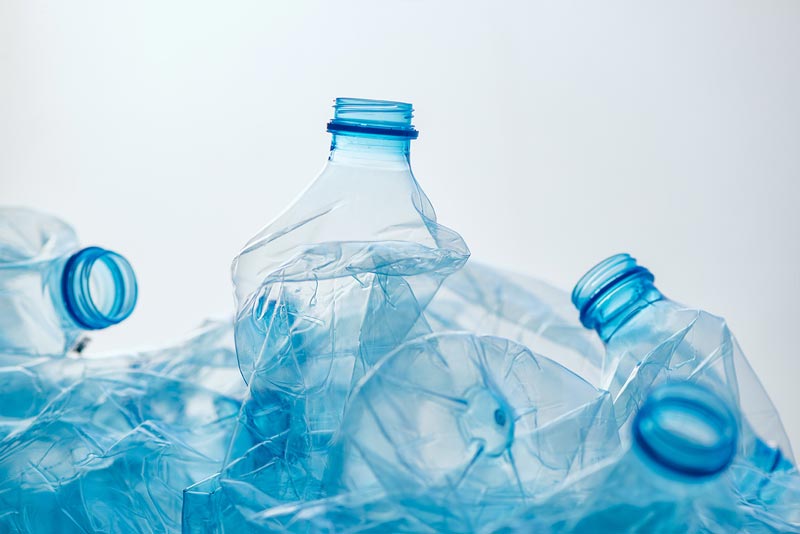The grants offered by Toxin Free Future are designed to fund innovative projects and research that advance toxin minimal living.
How toxins kill
- Cripple enzymes
- Interfere with hormones
- Damage organs
- Damage cell membranes
- Modify gene expression
- Damage DNA
What toxins cause
- Birth defects
- Certain cancers
- Tumors at multiple
- Immune-system
- Reproductive
- Stunted growth
- Permanent impairment of brain function
Toxins are the primary cause of autism, ADHD, and obesity affecting the unborn child.
In short, toxins are the primary cause of inflammation.
Inflammation is the primary cause of disease.
News
Grant opportunities
Medical Research & Treatment Grants
Support research and treatment initiatives focused on the medical impact of toxins, the development of toxin-removal therapies, and the role of toxin exposure in chronic diseases.
Product Testing Grants
Support initiatives that rigorously evaluate the safety and efficacy of toxin-free products. These grants aim to ensure that products marketed as toxin-free meet high standards for reducing exposure to harmful chemicals.
Research & Development Grants
Fund cutting-edge research to create new technologies, products, and methods that remove or reduce environmental toxins from consumer products, food, water, air, and the environment—laying the scientific groundwork for toxin-free living.
Toxin Measurement & Detection Grants
Fund companies and organizations developing new and innovative methods to detect and measure toxins in humans, food, and commercial goods—helping to create better standards for toxin-free living.
Startup & Innovation Grants
Encourage entrepreneurs and emerging businesses to develop innovative solutions that advance toxin-free living and address consumer needs in a cost-effective manner.
Product Accessibility Grants
Increase the availability and affordability of toxin-free products for consumers, with a special focus on underserved communities, ensuring that healthier lifestyle options are within everyone’s reach.
Advocacy & Policy Grants
Support initiatives that drive policy change and advocacy efforts to reduce environmental toxins in consumer products, food systems, and overall environmental practices.
The Board

Joline Rivera
President

Gwyneth Paltrow
Board Advisor

Beatrice Dixon
Board Member

John E. Freiburger
Chairperson of the Board & Founder

William Lowry
Board Member

Greg W. Schuda
Treasurer & Secretary
FAQs
What is Toxin Free Future?
Toxin Free Future is a non-profit organization dedicated to funding innovative toxin‐removal research and projects. Its mission is to make toxin‐free living accessible, cost-effective, and scientifically validated by supporting cutting-edge solutions to reduce exposure to harmful environmental toxins.
What are environmental toxins and why are they a concern?
Environmental toxins include chemicals like pesticides, herbicides, heavy metals, industrial compounds, microplastics, and PFAS. These toxins accumulate in our environment and bodies, contributing to chronic inflammation and increasing the risk for diseases such as heart disease, cancer, and neurological disorders.
How do toxins affect human health?
Toxins can disrupt enzyme functions, interfere with hormones, alter gene expression, and damage DNA. These effects can lead to a variety of health issues including birth defects, cancers, immune disorders, reproductive problems, and cognitive impairments.
What are microplastics and how do they impact our health?
Microplastics are tiny plastic particles that accumulate in our bodies—even in the brain—and are linked to increased risks of cardiovascular issues, as well as potential connections to cancers. Daily exposure to these particles is emerging as a serious public health concern.
What are PFAS and why are they dangerous?
PFAS, known as “forever chemicals,” are persistent compounds found in water and many consumer products. They are associated with higher cancer rates and other adverse health outcomes, prompting the need for stricter safety regulations and innovative removal solutions.
How do toxins enter our bodies?
Toxins can enter through the air we breathe, the water we drink, the food we eat, and even through skin contact with contaminated products. This continuous exposure contributes to a cumulative toxin burden that can have significant health impacts over time.
What solutions does Toxin Free Future support?
Toxin Free Future champions innovative approaches to toxin removal by funding research, product testing, and initiatives that improve accessibility to toxin-free alternatives. The organization also supports public policy and advocacy efforts aimed at reducing overall toxin exposure in our communities.
What is Therapeutic Plasma Exchange and how does it work?
TPE Therapeutic Plasma Exchange (TPE)—also known as plasmapheresis—is a medical procedure where a person’s blood is filtered to remove and replace the plasma. It’s kind of like giving your blood a detox, but with very specific goals in mind.
How It Works:
- Blood is drawn from the patient.
- It’s passed through a machine that separates the plasma from the blood cells.
- The plasma (the liquid part of the blood)—which may contain harmful substances like autoantibodies, immune complexes or toxins—is discarded or treated.
- It’s replaced with a substitute, usually:
- Donor plasma
- Albumin (a protein solution)
- Or a combination of both
- The cleaned blood cells are then returned to the body.
What types of projects does Toxin Free Future fund through its grants?
- Research and Development initiatives that pioneer new toxin-removal technologies or products.
- Product Testing projects to rigorously evaluate toxin-free claims in consumer goods.
- Medical Research and Treatment studies examining the impact of toxins on health and testing novel detoxification therapies.
- Product Accessibility projects that increase the availability and affordability of toxin-free products, particularly in underserved communities.
- Startup and Innovation projects that drive entrepreneurial solutions for toxin-free living
- Advocacy and Policy campaigns aimed at enacting regulatory changes for safer consumer products.
- Toxin Measurement & Detection efforts that develop advanced methods for identifying and quantifying toxins.
How can I apply for a Toxin Free Future grant?
Interested applicants should submit an online application that includes a detailed project proposal, budget breakdown, timeline, and clearly defined goals. Submissions are reviewed by a committee of experts to ensure alignment with the organization’s mission and potential for measurable impact.







